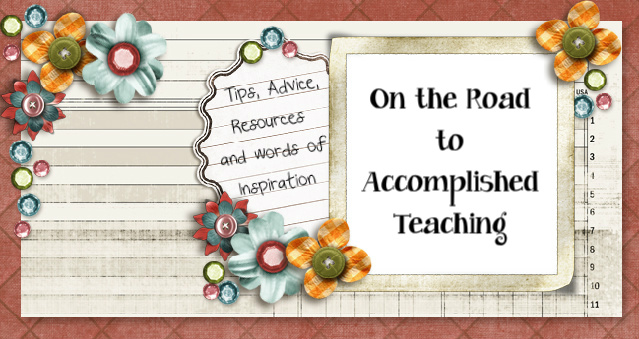 |
| How much do you know about your students and their families? |
Most teachers know students' names and maybe a little about how students learn. They may or may not have regular contact with parents. They might even be regular customers with businesses around their school. However, teachers need to know more than these things about their students.
Accomplished teachers get info about students, families and communities in order to craft lessons tailored to student needs. It is as simple as asking them basic questions and getting answers. You can garner this info during informal conversations, through teacher observation and listening in on student conversations.
Think about these 20 questions and how their answers can impact student learning. Each answer gets you closer to understanding the academic or social needs of students and families.
- what are your students' learning styles and learning strengths?
- when is the best time for your students to learn?
- are your students outgoing or introverted?
- how do your students connect with other teachers?
- what are the family dynamics of each student?
- who do your students live with?
- what are their close families' academic histories?
- do the students' families visit or contact your school?
- are your students' families interested in technology?
- is there a computer or internet connection at home?
- are students familiar with using computers and basic formatting programs?
- are the families able to help their children with schoolwork?
- what are the family members' experiences with school?
- do any immediate families volunteer to work with the school?
- how often do you contact parents ?
- why and when do you contact the families?
- are you familiar with the community around your school? (businesses, religious or service organizations, etc)
- do you visit and support any of the community partners?
- have you welcomed any of the community partners into your classroom?
- do the community partners actually come to your classroom and work with your students?
After knowing the answers to these twenty questions, how do you use the new information that you've gained?

